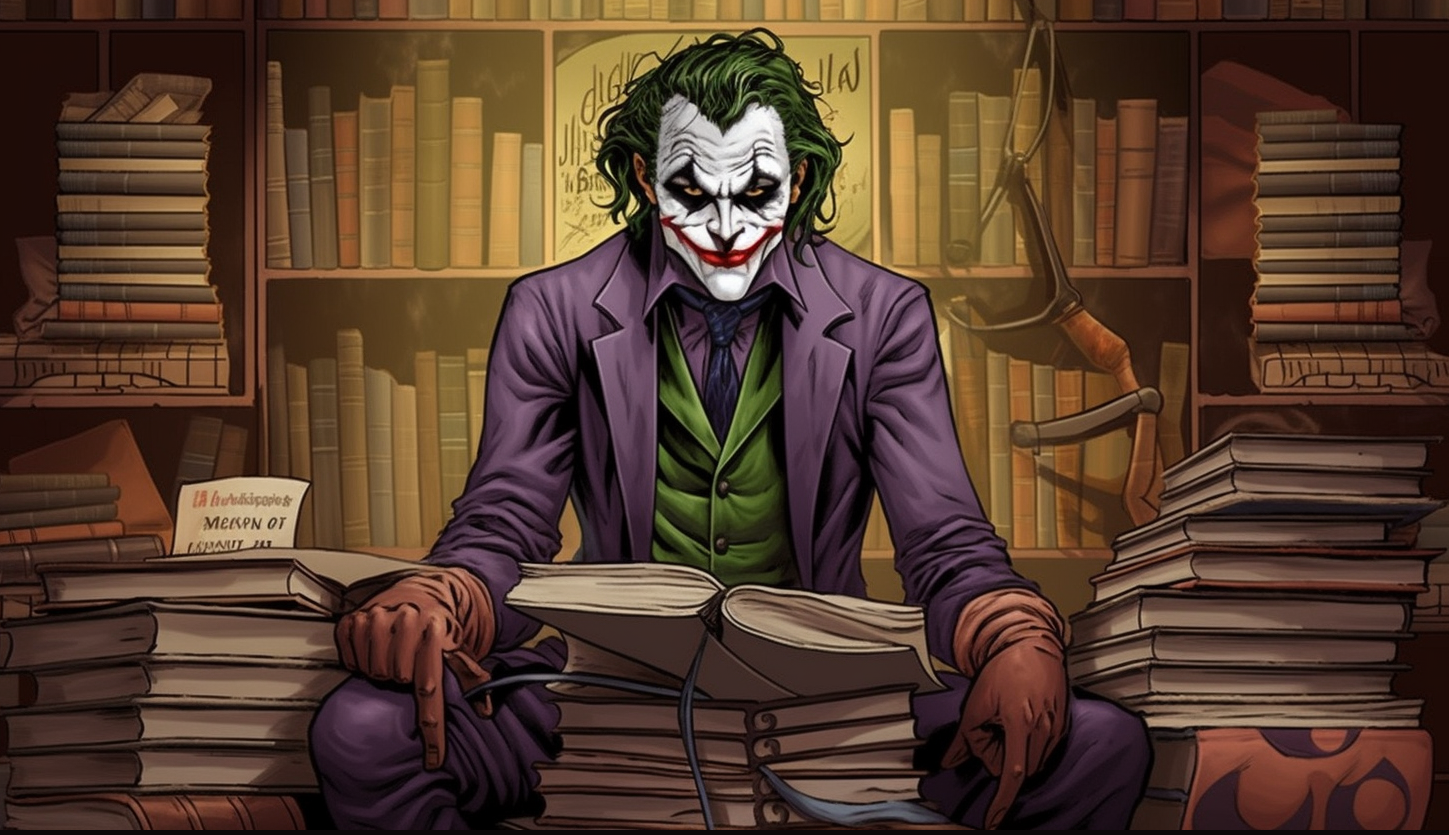The Joker is one of the most notorious and enigmatic villains in comic book history. In the Batman universe, he is often portrayed as a maniacal, sadistic and chaotic character who delights in chaos and destruction. However, if we look beyond the surface and examine his character closely, we can see that the Joker can teach us some important lessons about morality.
Firstly, the Joker can teach us about the dangers of moral relativism. Moral relativism is the idea that there is no objective moral truth; moral values are merely the product of individual or cultural beliefs. The Joker represents an extreme example of this philosophy; he sees no value in traditional morality or ethical standards. He believes that morality is a “joke” (pun intended), and that people should be free to do whatever they want, regardless of the consequences.
However, the Joker’s extreme view of moral relativism ultimately leads to chaos and destruction. His actions have serious consequences, and the harm that he inflicts on others is very real. This is a powerful reminder that while we may have different perspectives on what is right and wrong, there are certain moral principles that are universal and should be respected. Our article on Kant and the categorial imperative provides a contrast to the notion of moral relativism.

Secondly, the Joker can teach us about the importance of empathy and compassion. While he is often portrayed as a heartless monster, there are moments when the Joker shows a surprising level of insight into the human condition. For example, in the movie “The Dark Knight”, the Joker tells Batman that he believes that people are only as good as the world allows them to be. This statement is a recognition of the fact that our circumstances and environment can have a profound impact on our behavior and our moral choices. Perhaps this is why the familial trend of abusive relationships can be so difficult to break from generation to generation.
Ultimately, the Joker is a complex and multifaceted character, and his actions are often difficult to reconcile with traditional moral values. However, by examining his character more closely, we can learn some important lessons about the dangers of moral relativism, the importance of empathy and compassion, and the need to uphold certain moral principles, even in the face of chaos and uncertainty.